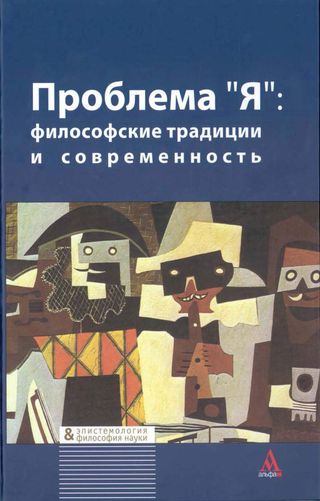?
Истоки саморефлексии Я в раннем экологическом контексте: человек и природа в романтической утопии Генри Торо
С. 139–156.
Никулин А. М., Pokrovsky N., Крестьяноведение 2023 Т. 8 № 2 С. 140–158
The interview with Prof. N.E. Pokrovsky of the National Research University Higher School of Economics discusses his path to the science of rural-urban development. Based on his own experience as a city dweller, Pokrovsky reflects on how and why city dwellers come to the village with their own projects and plans for living and organizing ...
Added: September 23, 2023
Pokrovsky N., Pragmatism Today: The Jounal of the Central European Pragmatist Forum 2021 Vol. 12 No. 2
ABSTRACT: The article highlights the philosophical and moral issues of truth in the writings of two great philosophers, Henry Thoreau and Peter Kropotkin. For all the differences in the times and cultures to which both thinkers belonged, we can trace their similar attitude towards objective scientific truth, which opposes all kinds of forms and systems ...
Added: November 14, 2022
Shalaeva A., Конфликтология 2014 № 1 С. 191–210
The article discusses the status of philological, historical and philosophical argument in the theoretical justification of the ancient mythology, undertaken by Georg Friedrich Creuzer in Germany at the turn of the XIX century. The discussion arround the romantic mythology project is analyzed. A paradoxical synthesis of the political argument, theory's positive-scientific standards of verification and allegorical ...
Added: December 1, 2013
Pokrovsky N., М.: Мысль, 1989.
В книге дано целостное представление о мировоззрении и жизненном пути оригинального американского мыслителя XIX в., философа-романтика и писателя Генри Торо, творчество которого оказало существенное влияние на развитие американской культуры и мировоззрение ряда крупных мыслителей других стран. ...
Added: November 16, 2010
Pokrovsky N., , in: Настоящее и будущее ближнего Севера: экономика, экология, сообщества.: М.: Сообщество профессиональных социологов, 2012. P. 316–327.
Against such a background optimism in the world of today is not a simple matter. There are no better words to describe universal feeling than those of Henry David Thoreau in “Slavery in Massachusetts:” "I have lived for the last month with the sense of
having suffered a vast and indefinite loss. I did not know ...
Added: January 31, 2013
